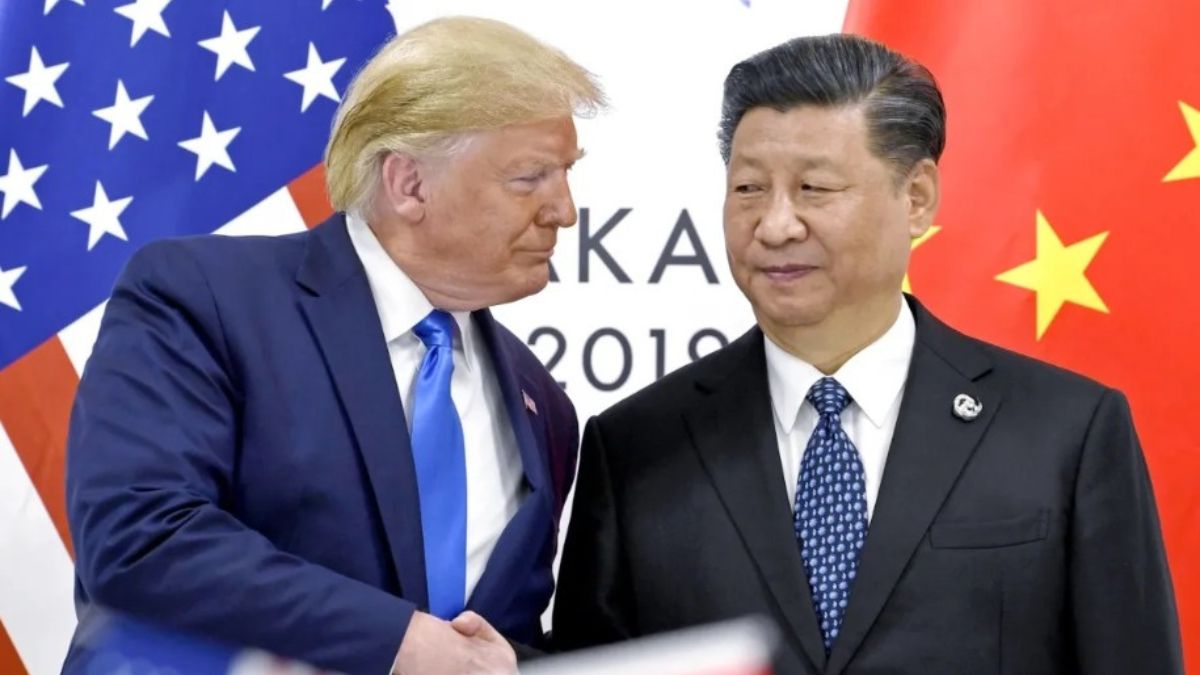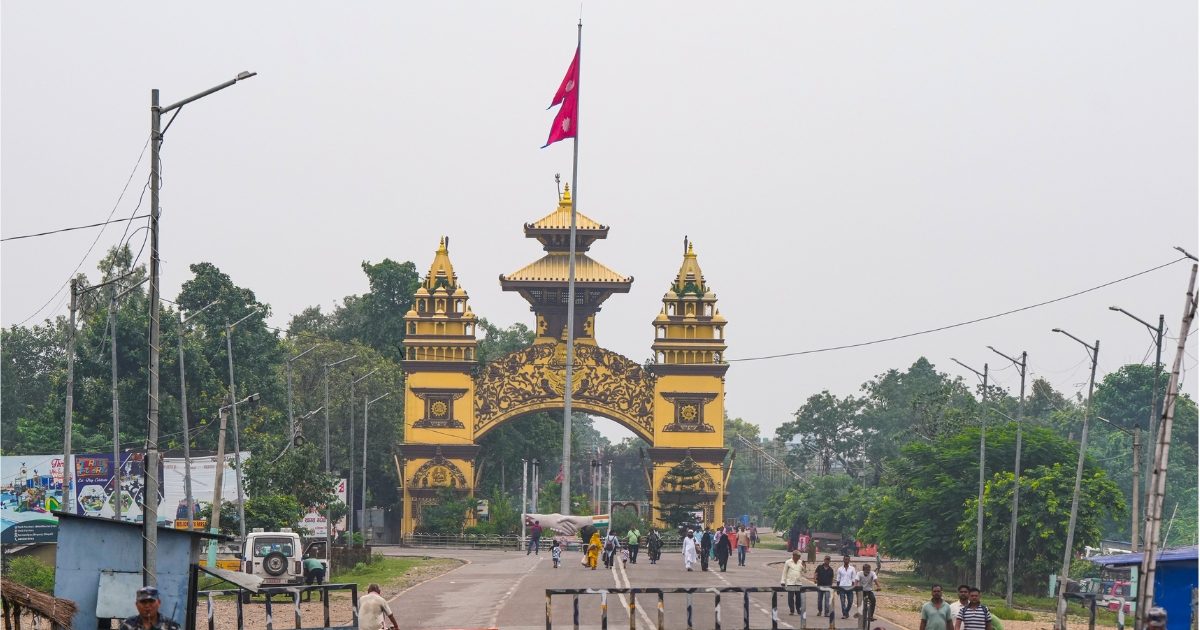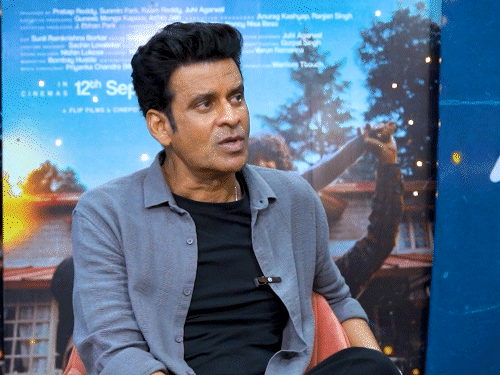The discussions, which the Pentagon called ‘open and productive,’ focused on two of the most sensitive issues between the two nations– Taiwan and the South China Sea.
In stark warning to the United States, China said Washington’s efforts to “contain, deter, or interfere” with Beijing would fail and that there should be a peaceful coexistence. China’s defence minister Dong Jun made these assertions while with his US counterpart Pete Hegseth.
“We must… build an equal, respectful, peacefully coexistent, stable and positive military-to-military relationship. We must respect each other’s core interests,” CCTV quoted Jun as saying to Hegseth during a video call.
The discussions, which the Pentagon called “open and productive,” focused on two of the most sensitive issues between the two nations– Taiwan and the South China Sea.
South China Sea dispute
The South China Sea dispute is a complex territorial and maritime conflict involving multiple countries, primarily China, Vietnam, the Philippines, Malaysia, Brunei, and Taiwan. At the heart of the dispute are competing claims over various islands and reefs, especially the Spratly and Paracel Islands, as well as the surrounding waters.
Tensions have escalated in recent years as China has engaged in land reclamation and militarisation of artificial islands, prompting protests from other claimant states and concern from the international community.
In 2016, a United Nations-backed tribunal ruled in favor of the Philippines, stating that China’s claims had no legal basis under the UN Convention on the Law of the Sea (UNCLOS). However, China rejected the ruling. The dispute remains unresolved, contributing to regional instability and drawing in outside powers like the United States, which supports freedom of navigation and challenges China’s maritime claims.
Taiwan conflict
The China-Taiwan conflict stems from the Chinese Civil War, which ended in 1949 when the Communist Party took control of mainland China, forming the People’s Republic of China (PRC), while the defeated Nationalist government retreated to Taiwan and continued as the Republic of China (ROC). Since then, the PRC has claimed Taiwan as a breakaway province that must eventually be reunified with the mainland, by force if necessary. Taiwan, however, has developed its own democratic government and distinct identity, with many of its people opposing unification.
Taiwan is not officially recognised as a sovereign state by most countries due to China’s political and economic pressure. The US and others maintain unofficial ties with Taiwan and support its right to self-defense, leading to heightened tensions with China.































Leave a Reply